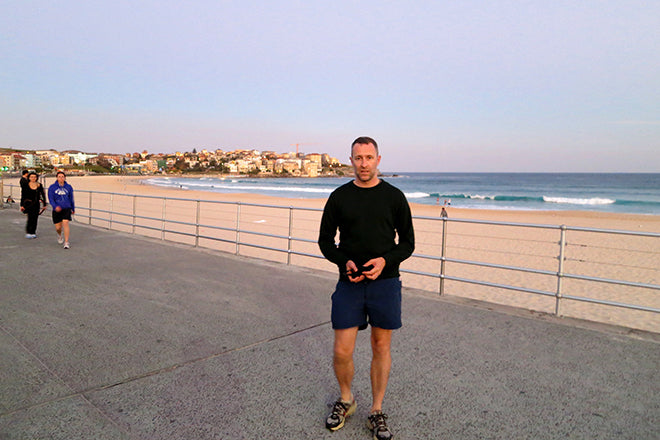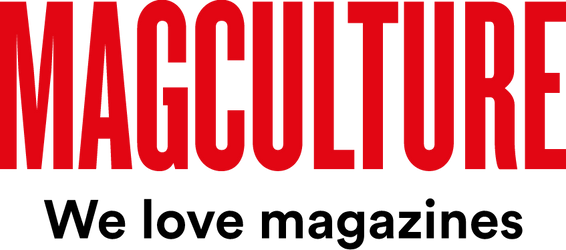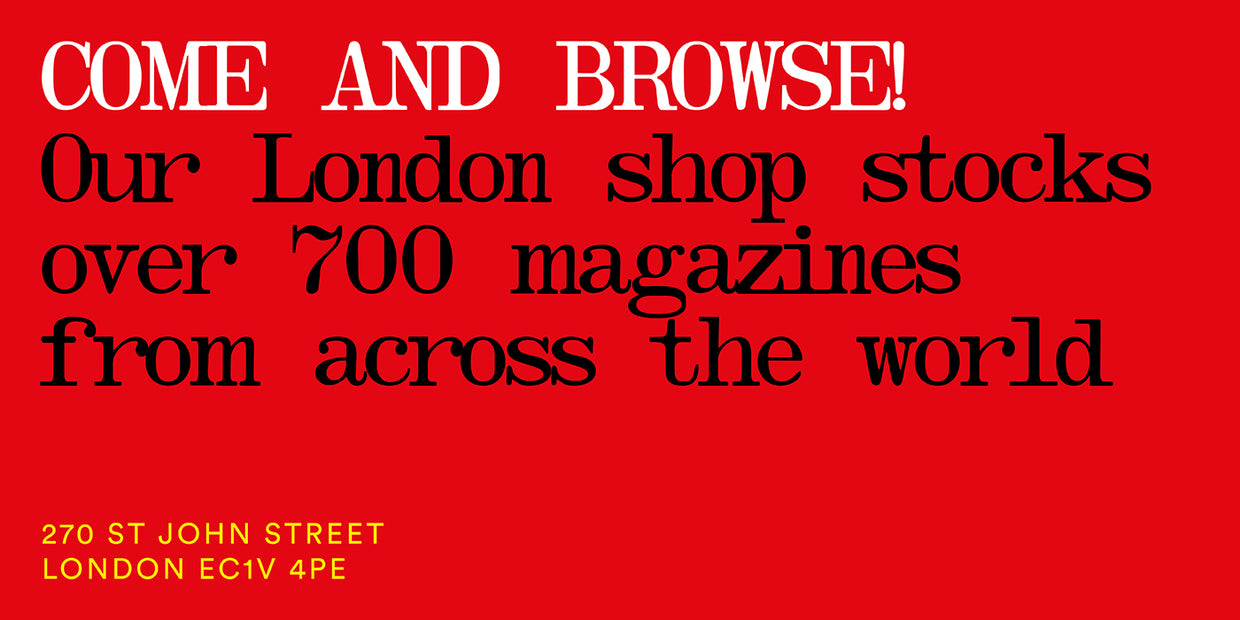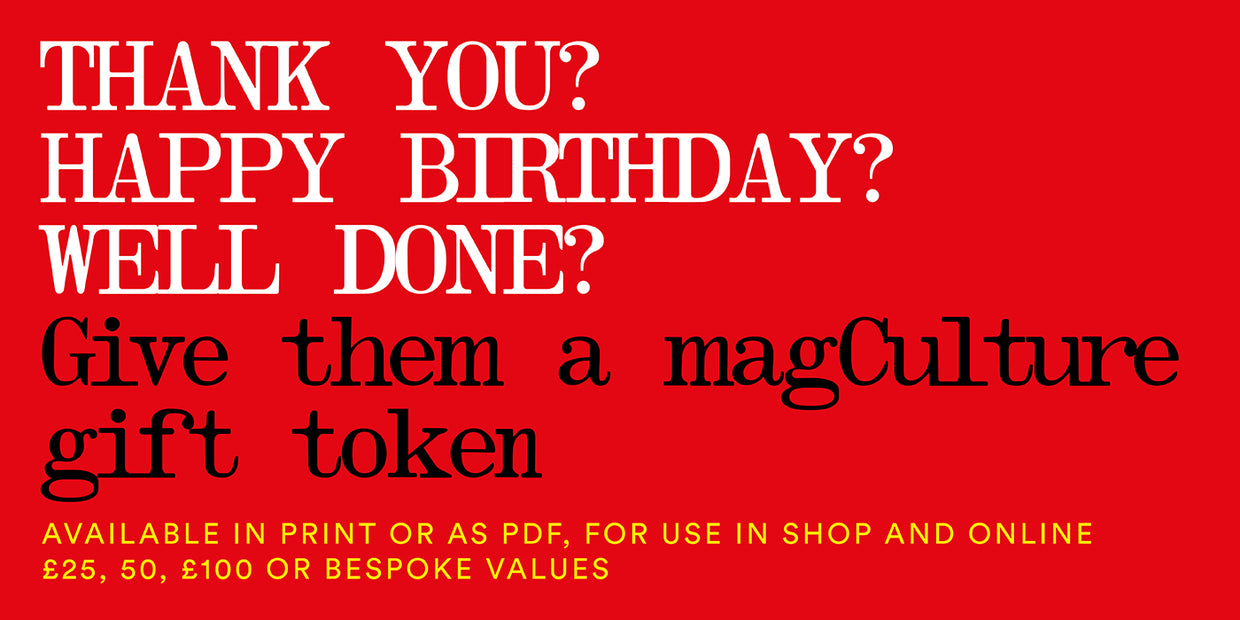
Gert Jonkers, Fantastic Man
Editor, publisher and journalist Gert Jonkers is responsible, with creative director Jop van Bennekom, for some of the most striking, influential and successful independent magazines of the past few years. We’re thrilled he’ll be joining us to speak at magCulture live next month.
Following Butt (2001), they launched Fantastic Man in 2005, followed by The Gentlewoman (2010) and The Happy Reader (2014). His love for the Q&A format is evident from all these magazines; as soon as we signed him up to speak we dropped him this Q&A about the newly reimagined Fantastic Man.
What are you doing today – where are you, what’s on your agenda?
I’m answering emails, like I do every day, but I’ve also just moved my desk in our London office so I’m trying to figure out the lay out of the room, moving furniture, hang things on the wall. I’m pleased with the result so far, it feels good. The room is relatively dark, but feels spacious.
I’m reading a lot at the moment, if only because my desk is full of books and new magazines (including the fascinating new issue of Buffalo Zine, previous season’s issue of System that somehow I’d not seen so far, and Vince Aletti’s book ‘Issues' for Phaidon) and I’m travelling to Amsterdam tomorrow and I can’t carry all this reading material with me, so I’ll try to digest whatever I can today. I’ve also just tried on the new Fantastic Man T-shirts that were delivered last night. They should be available soon from our website.
Who/what inspired you to work in magazine publishing?
A combination of favourite magazines, individual writers and luck. I’ve always read newspapers (my parents used to subscribe to two newspapers a day and various weeklies) and in my late teens and early twenties I was very much into music, so I read NME and Melody Maker weekly, and Smash Hits and The Face.
In the latter I was a particularly huge fan of Chris Heath’s pieces (from the top of my head, I remember cover stories on Elastica and Kylie Minogue and Take That) and his writing was a direct inspiration for me to pursue journalism.
Also, the luck part is that I was on the dole for a while, perfectly enjoying myself, until the authorities forced me to find a job. They thought ‘travel planner’ for the Dutch national railway could be interesting to me. Ugh, the thought of it! I found myself a job a.s.a.p. as a contributing editor for a new magazine in Amsterdam.
It’s funny - I applied for the job of picture editor, went for the interview, where they informed they’d already hired a picture editor but liked my application letter and wondered if I’d want to write for them.
Tell us about the revised Fantastic Man
Jop and I have been fantasising for a while about a radical change for Fantastic Man. You could say that our issue 21, for Spring & Summer 2015 (above), was a first stab at doing something else, but we weren’t totally convinced with the results. I think Fantastic Man has always, for each issue, gradually changed, but in a way that was never blatantly obvious. Typefaces have changed, the way we addressed our subjects has changed, the tone of voice changed, the rhythm in the issues, our take on subjects have shifted, but we’ve always stayed true to ourselves and that makes the changes not so obvious.
As for now, we were interested in a radical change for a few seasons, but held off for all kinds of practical reasons. And, so, now, for our latest issue, Fantastic Man 30 (above), we changed the shape and the scope, we focused on one theme (Greece, in this case), approached the magazine more like a project, and the physical form as an object. It’s still us, though, if that makes sense. In fact it may be even more us, and where we are now, than what Fantastic Man was a year ago.
Please share a single page from the new issue that sums up its reinvention.
A really obvious one, but a page that exactly fits the bill is the very first editorial page in the magazine, a.k.a. the letter from the editors, a.k.a. our manifest of what Fantastic Man is. Speaks for itself. Handy enough, you can also see the current cover in the upper left corner, and the masthead.
I’ll add another one, just because I love the somewhat coincidental combination of the island of Ponikonísi (by Johannes Schwartz) and a marble sculpture (by an anonymous sculptor).
How can magazines make a difference in 2019?
Magazines can create excitement, can inspire and stun the reader. I get inspired by a great story in a magazine, or a picture of someone wearing a piece of clothing that makes me jealous, or a far-out concept carried out throughout a magazine that makes me think WTF. A magazine is such a clear constricted body of work, over exactly as many pages as the magazine contains, and if done well, it speaks to you, takes you into a universe, charms you, enrages you, baffles you, entertains you for one or several precious hours.
Who are you looking forward to hearing/meeting at magCulture live London 2019?
I’ve not heard any of the speakers speak before, and so I’m curious about every one of them. I look forward to meeting some people of the audience. And last but not least I’m curious about my own appearance since I’m still in the midst of figuring out what I’ll say and show!

Gert is one of the final names confirmed to join us at magCulture Live on 7 November. Check the Eventbrite page for the complete, final line-up for the day.







